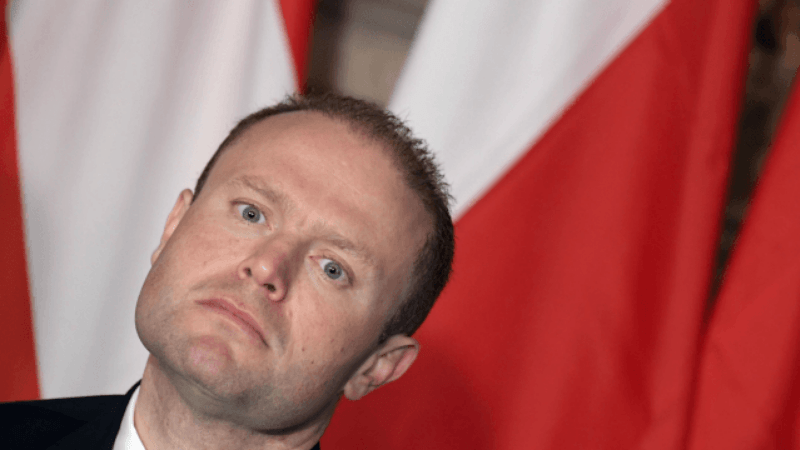Former Prime Minister Joseph Muscat’s unceremonious exit from politics on Monday revealed a political figure and persona subdued, but that has not diminished the whirl of questions on Muscat’s past and future – as well as the extent of his influence on his successor.
Muscat got elected on a wave of support after he promised meritocracy, accountability and transparency. Instead, the country descended into an orgy of corruption, cronyism and predatory capitalism mostly evident in rampant development and big business handed the running of essential services in health and energy.
Prior to getting the premiership, he had said he would serve two terms. In the end he served for less than seven years – the line in his final brief speech in parliament saying that he had always intended to serve no more than two terms sounded rather hollow.
Now, as some of his closest collaborators during his premiership slip into the criminal justice system, the extent of Muscat’s culpability in the sleaze that engulfed his government has yet to be revealed.
Few people feel a sense of closure to the question of why Muscat defended his Chief of Staff Keith Schembri and star Minister Konrad Mizzi when they were caught with secret Panama shell companies. It’s a question that nags many, even within the Labour Party, despite the Party’s glowing statement on Muscat’s track record.
The lack of clarity about the future plans of the Muscats has fuelled further questions, and so have their recent social media postings in which their demeanour – despite their exotic surroundings and glasses filled with champagne – appear staged.
Further questions revolve around the extent of power and influence that Muscat may still wield. Analysts believe that Muscat’s one-month delay in relinquishing the reins of premiership by a month last December after his resignation was designed to deny Chris Fearne the role of prime minister.
Fearne was seen as too unpredictable with his perceived readiness to wipe much of the slate clean. Robert Abela – even though he was, and remains, less popular than Fearne among the wider electorate – was preferable.
Labour sources say that Abela’s leadership bid was supported by influential networks within the Party and that Muscat or those close to him stood at the node of these networks. These backers worked the floor among Party members and swayed the vote.
Abela promised “continuity”, vowing to keep Muscat’s ‘winning formula’ while simultaneously strengthening the rule of law and ending elements of buccaneering economic policy characterised with the sale of passports and rampant property development.
Abela has only partially accomplished this. Corruption remains widespread and nothing has been done to restrain rampant development that has been disfiguring the country’s heritage and landscapes and undermining quality of life.
Neither has Abela carried out any wider stock-taking by holding public inquiries into the two flagship privatisation projects of the Muscat years – the three public hospitals and the power station – which have been mired in corruption allegations.
The much-vaunted rule of law reforms have been fragmentary and poorly designed, carried out reluctantly as a result of pressure from European institutions. Abela’s of reform and clean-ups do not amount to a coherent recalibration after the Muscat years.
Yet the danger for Abela is that Muscat’s winning formula – to pander to interest groups (gays, hunters, cannabis users), to be lax on issues of civil order (such as easy issuance of development permits), and to rev up the economy by development and an influx of immigrants and capital – has begun to contribute to rising disgruntlement in the post-COVID economic dip.
The tide of public sensibility has been changing as political upheaval (around the time of Muscat’s resignation from Prime Minister) and COVID-19 have put an end to Labour’s years of economic bounty.
People are becoming less tolerant of rampant development and corruption, which are increasingly seen as spoilers of economic health and quality of life.
New PN leader Bernard Grech has managed to begin articulating this mood in the past few weeks, and these are worrying signs for Labour.
For now, Muscat remains a darling for swathes of the Party and his influence remains palpable, but his legacy may yet turn caustic.












